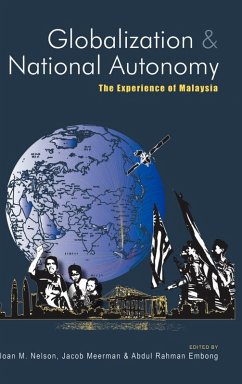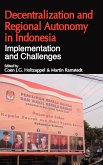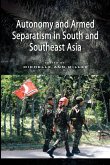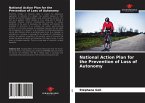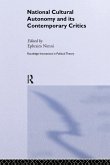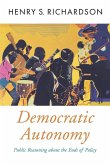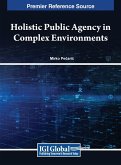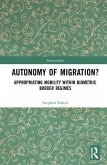"Malaysia has long had an ambivalent relationship to globalization. A shining example of export-led growth and the positive role for foreign investment, the country's political leadership has also expressed skepticism about the prevailing international political and economic order. In this compelling collection, Nelson, Meerman and Rahman Embong bring together a group of Malaysian and foreign scholars to dissect the effects of globalization on Malaysian development over the long-run. They consider the full spectrum of issues from economic and social policy to new challenges from transnational Islam, and are unafraid of voicing skepticism where the effects of globalization are overblown. Malaysia is surprisingly understudied in comparative context; this volume remedies that, and provides an overview of a country undergoing important political change." -- Stephan Haggard, Krause Professor, Graduate School of International Relations and Pacific Studies, University of California, San Diego "Half a century since Malayan independence in 1957, this collection of essays provides a welcome assessment of post-colonial, especially recent Malaysian policies on various fronts -- development, 'looking East', 1997-98 crisis management, inter-ethnic redistribution, poverty reduction, trade, education, healthcare, globalization, Islam and national culture. This volume is a useful compendium for anyone seeking a broad overview of recent policy challenges and debates." -- Jomo Kwame Sundaram, United Nations Assistant Secretary General for Economic Development and formerly Professor of Economics at the Faculty of Economics & Administration, Universiti Malaya "What is the state of a globalizing Malaysia? In the same way that a group from Universiti Kebangsaan Malaysia (UKM) in the 1990s entered into fundamental debates about Malaysia's future, here two decades later, another UKM research group -- fellows from the Institute of Malaysian and International Studies (IKMAS) -- have gone to the heart of the Malaysian paradox. Taking the New Economic Policy and the post-independence racial tension as their twin touch points, the group systematically and sensitively explore the paradox of a highly globalized national economy mediated by a developmentalist and interventionist state. They coherently confront difficult issues from crony capitalism and poverty reduction to globalizing Islam and the now largely forgotten National Culture Policy. In doing so, they help us understand the complexities of political autonomy in a globalizing world." -- Paul James, Professor & Academic Director, Globalism Research Centre, RMIT, Melbourne
Hinweis: Dieser Artikel kann nur an eine deutsche Lieferadresse ausgeliefert werden.
Hinweis: Dieser Artikel kann nur an eine deutsche Lieferadresse ausgeliefert werden.

